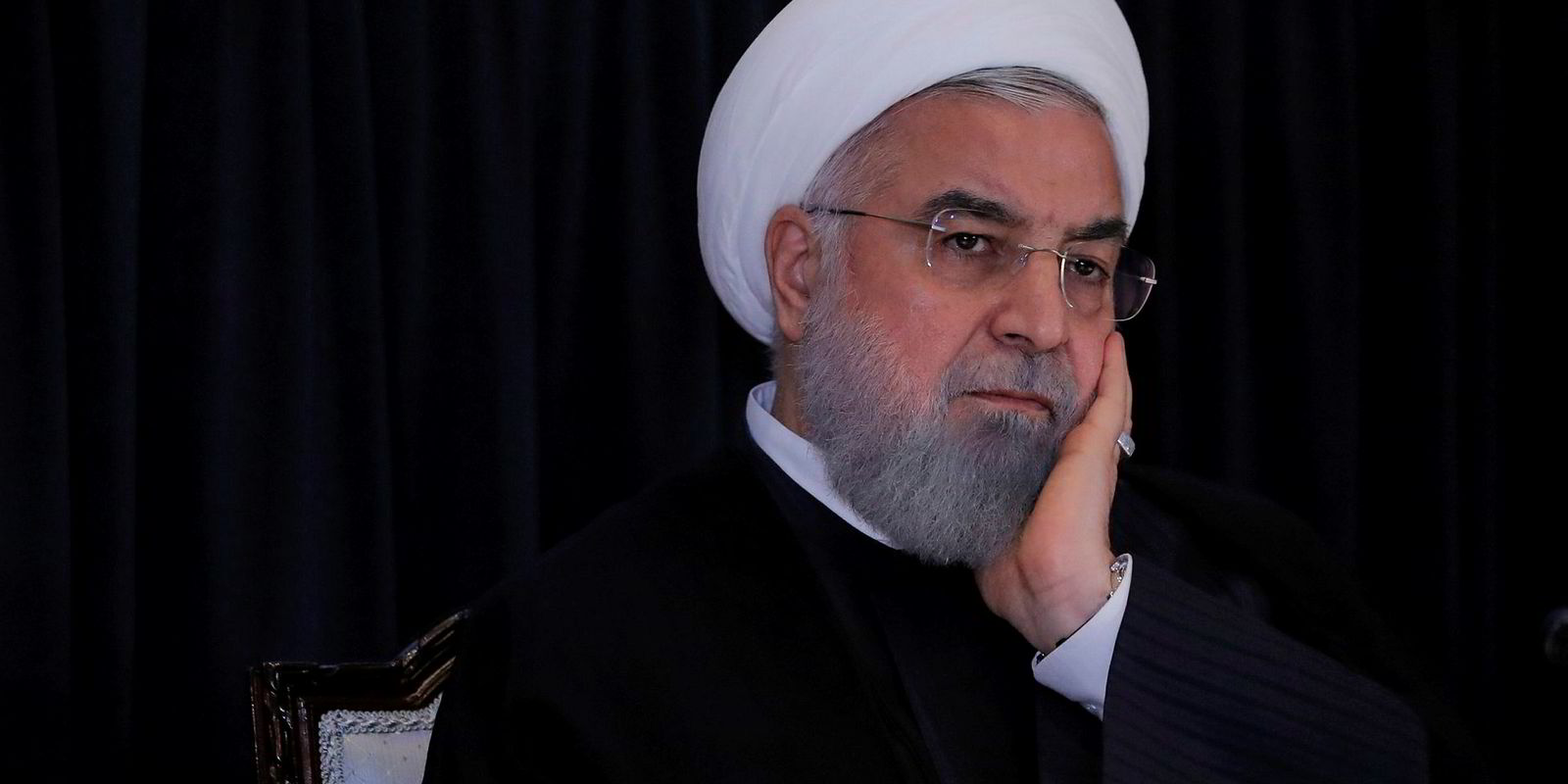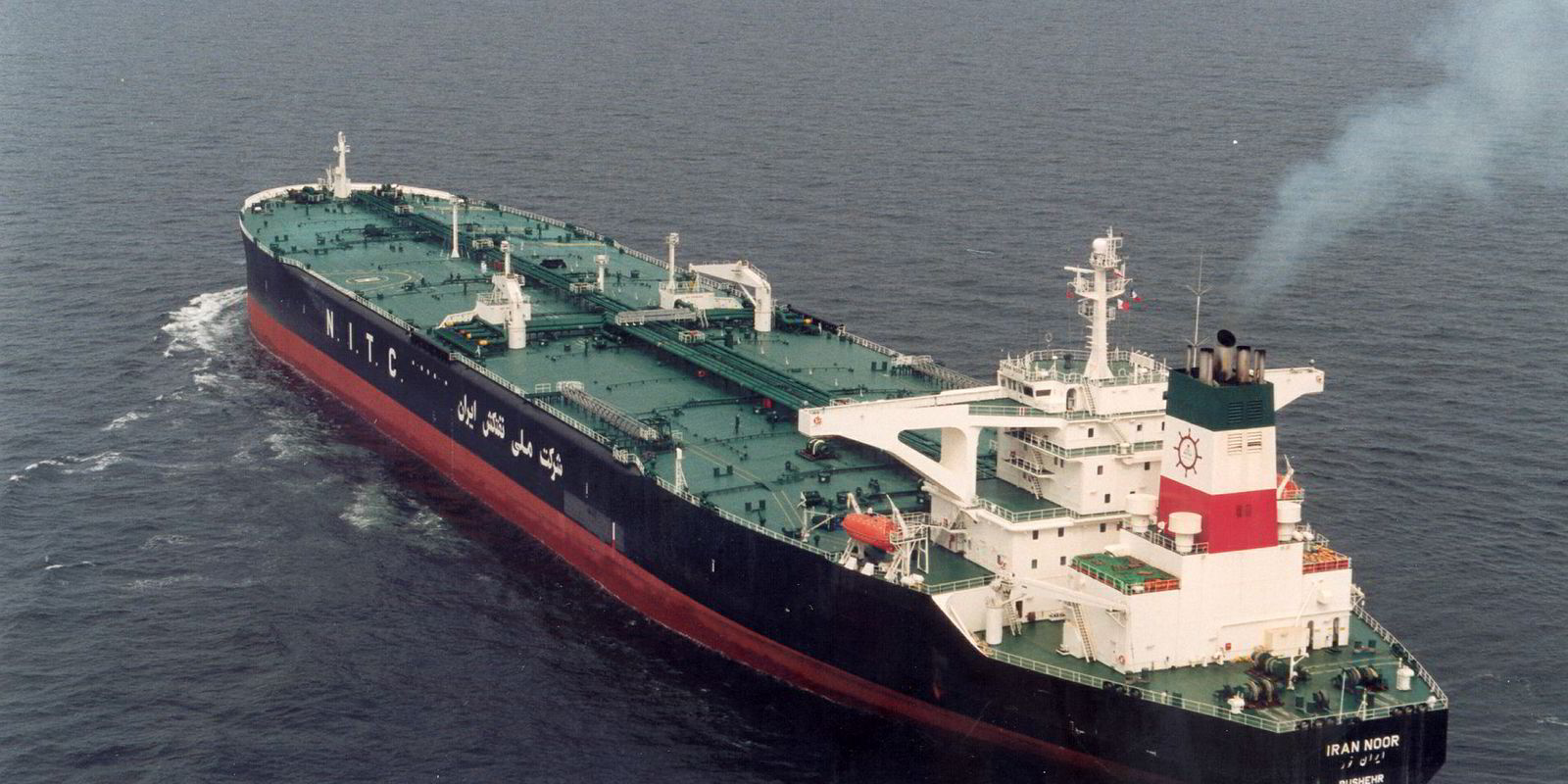Trading giants have predicted Iranian crude exports will dry up due to tight US sanctions, even as recent reports suggest Europe and India are attempting to keep oil flowing from the Islamic republic.
While Washington is taking a unilateral approach in this round of sanction against Iran, the Trump administration is unlikely to grant exemption to many Iranian crude buyers, according to senior executives of some of the world’s largest trading houses.
“I don’t think anyone will have the chance,” said Gunvor chief executive Torbjorn Tornqvist during the Oil and Money 2018 conference, adding that the US would see any violation of sanctions “as an act of aggression”.
While the sanctions are scheduled to come into force on November 4, some Indian refiners have ordered Iranian crude for loading next month while New Delhi applies for waivers from Washington.
Having adopted a block statute to prevent European firms to comply with the US sanctions, the European Union is recently designing new payment channels for Iranian crude trade that bypass dollar transaction.
In theory, European firms could purchase very cheap crude from Iran, but few would be actually willing to take the risks, according to Vitol chairman Ian Taylor.
“Everybody is going to be very strict about compliance,” Taylor said. “The world is moving into a slightly more nationalistic and protectionist approach.”
Back in 2012, the US teamed up with the EU to impose sanctions on Iranian crude trade. Iran’s crude exports more than halved to 1.1 million-1.3 million barrels per day (bpd) for a long period in 2013-2015 from the pre-sanction level.
This was despite that the Obama administration issued waivers to more than 10 importing nations of Iranian crude, including India and China.
This time, the US “is going to very tough,” Glencore’s chief executive in oil and gas Alex Beard said, despite reports that Washington was recently considering waivers.
“Waivers will be extremely limited, if any,” Beard added.
Asian consuming nations have already been seeking replacement barrels for Iranian supply from the Atlantic basis, boosting VLCC earnings due to incremental tonne miles in recent weeks.
According to ClipperData, Iran’s crude exports fell to 1.3 million bpd in September from to 1.75 million bpd in August. This compared with an average of 2.2 million bpd between February and July.
“It’s certainly going to be hard” for the oil supply chain, Trafigura chief executive Jeremy Weir said. “It’s certainly going to be a lot of impact.”






